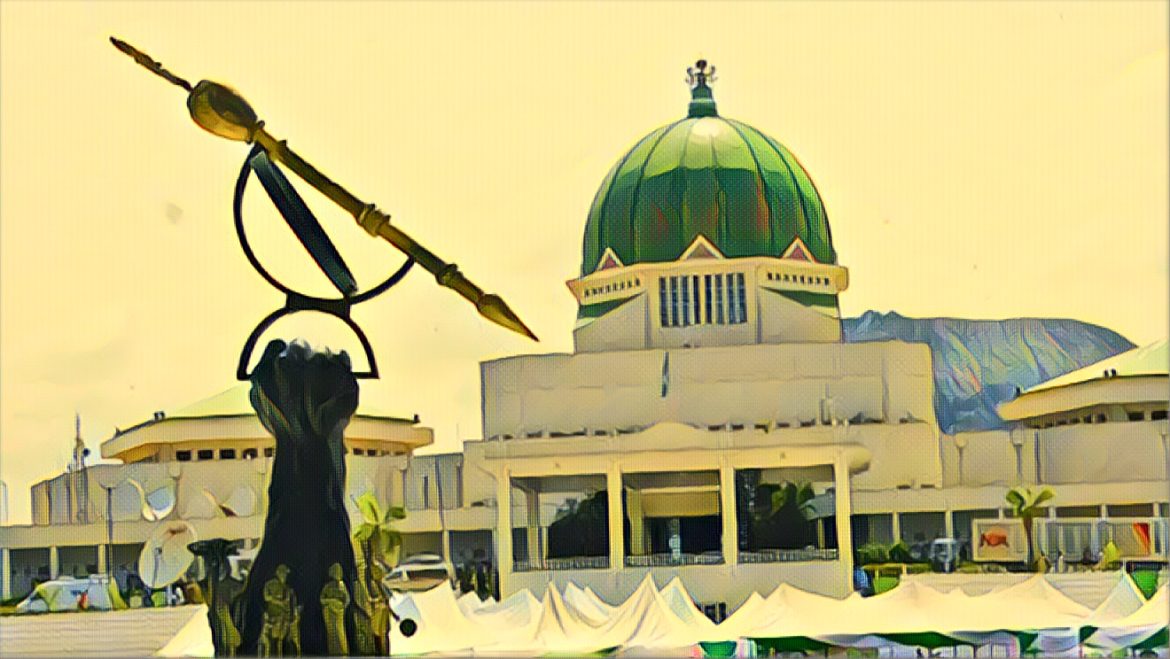The National Assembly commenced discussions on President Bola Tinubu’s N27.5 trillion 2024 budget proposal, following Wednesday’s presentation. Concerns arose over the N9.9 trillion recurrent expenditure and debt servicing strategies.
Senator Binos Yaroe (PDP-Adamawa) criticized the President’s rushed presentation, stressing that the National Assembly requires more time for thorough review. Yaroe expressed disappointment in the tight schedule imposed for passing the budget within a month.
Senate Leader Bamidele Opeyemi noted the N9.9 trillion recurrent expenditure, accounting for 43% of the budget. He raised concerns over the N9.8 trillion deficit, which exceeds the Fiscal Responsibility Act’s three percent GDP threshold.
Opeyemi highlighted the budget’s assumptions, including a $77.96 per barrel oil price benchmark and a daily oil production estimate of 1.78 million barrels. He mentioned that total federally collectible revenue is projected at N16.87 trillion.
The deficit financing plan includes N7.83 trillion in new borrowings and funds from privatization and specific development project loans. Majority Leader Julius Ihonvbere termed the budget as addressing key concerns like security and economic strengthening.
In the House of Representatives, lawmakers echoed the need for timely fund release for full implementation. Sada Soli (APC-Katsina) and Bello El-Rufai (APC-Kaduna) emphasized addressing payroll system issues and implementing the Oronsaye Report for effective governance.
Economist Prof. Akpan Ekpo warned against heavy debt servicing, advising investment in infrastructure for long-term economic benefits. He urged the government to rearrange debts and reduce governance costs to finance development projects.
Ekpo expressed optimism about the National Assembly’s oversight role in ensuring effective budget implementation. He emphasized the importance of quarterly budget reports post-enactment.
The budget, 26% higher than the 2023 budget, includes requests for external borrowing plans for critical infrastructure projects. Industry stakeholders commended Tinubu’s realistic oil price benchmark and exchange rate settings amid global economic uncertainties.


